
Effective treatment for addiction should work the same way for everyone, right? Not necessarily. Treatment needs are as unique as the individuals who have them, and treatment has to be adjusted to meet these individual needs.
Different people have different needs when entering treatment. Some people have more than one substance abuse problem, for instance. Some come to treatment with a co-occurring mental health disorder. Still others may have a history of abuse that requires even more diligent treatment, or traumatic events in their lives that affect the way they approach and respond to treatment.

These are just a few examples; we all need different things from treatment and seek specific outcomes. While our end goals for drug rehab may be quite similar, the way we get there has to work for us, and that means drug rehabs must offer a variety of methods to ensure our best chance at success in recovery.
For some women, seeking treatment at a women-only drug rehab center may provide great benefits. Some women may flourish in a gender-specific treatment center, and find it to be the deciding factor that pushes them to complete treatment.
Which Women Benefit From Women-Only Drug Rehab Centers?
So who benefits most from women-only drug rehab centers? Research at this time is too limited to show who all could benefit from gender-specific addiction treatment. However, research in the last few decades does show that women who have struggled with certain circumstances or who have certain conditions may strongly benefit from women-only rehab.
 Women who have suffered with post-traumatic stress disorder (PTSD), for example, may see better treatment outcomes in a women-only environment. The National Institute On Alcohol Abuse And Alcoholism (NIAAA) explains, “substance-abusing women with post-traumatic stress disorder may benefit significantly more from gender-specific programs designed to address PTSD and addiction problems simultaneously.”
Women who have suffered with post-traumatic stress disorder (PTSD), for example, may see better treatment outcomes in a women-only environment. The National Institute On Alcohol Abuse And Alcoholism (NIAAA) explains, “substance-abusing women with post-traumatic stress disorder may benefit significantly more from gender-specific programs designed to address PTSD and addiction problems simultaneously.”
Women who are pregnant, or who are in the last few weeks before or after pregnancy (perinatal), may also do better in a women-only treatment program. Victims of sexual, physical, or mental and emotional abuse are more likely to seek treatment in a women-only environment.
What Is The Difference Between Integrated Drug Rehab And Women-Only?
Really, anyone can benefit from gender-specific treatment. It’s not about separating men and women, but recognizing that each group has differing needs. The NIAAA reports the following factors that differ among genders, and “affect treatment outcomes in very important ways”:
- Children in the home
- Education
- Employment
- History of sexual abuse
- Income
- Marital status
- Mental health conditions
- Self-efficacy, or the belief in your ability to succeed in certain situations
- Substances of abuse
In other words, every person who enters treatment brings with them different physical, emotional, and mental burdens and responsibilities. Treating each person means adapting to the needs that are generated by these differing factors.
The NIAAA states, “this suggests that addressing risks differentiated, by gender, may help improve both the treatment process and outcomes for men and women.”
What Treatment Methods Are Offered At Women-Only Drug Rehabs?
Because of women’s unique needs, a multidisciplinary approach is needed for a comprehensive treatment outcome. The following are proven effective methods for helping women through addiction treatment, co-occurring mental health conditions, troubling thoughts and emotions from conditions such as PTSD, anxiety, and depression, and other treatment needs:
- Counseling: for one-on-one support
- Cognitive Behavioral Therapy (CBT) or Dialectical Behavioral Therapy (DBT), for learning to shed negative lifestyle habits and replace with new, positive ones
- Dual diagnosis treatment: to address any and all co-occurring disorders
- Mental health treatment: to treat co-occurring conditions that may affect each other
- Physical components of therapy: adventure therapy, wilderness therapy, and other skill-building activities which teach fulfilling activities to avoid and manage overwhelming cravings and triggers
- Aftercare support, to teach you to cope and manage in recovery long-term

All of these methods and more are offered at our women-only drug rehab centers. If you’re a woman who has suffered from a traumatic event, domestic abuse, been a victim of a crime, or are affected by another hardship that keeps you from wanting to enter treatment, we can help.
Women-only treatment provides a welcoming, safe environment for women in a nurturing, peaceful setting. With these programs, you’ll not only be able to relax enough to heal, but you’ll find the strength and support you need to complete your treatment goals.
Is Drug Rehab Treatment Effective?
Many men and women never seek treatment at all. Women may be in fear of seeking treatment due to a variety of traumatic factors, and men may have a hard time seeking help due to societal pressures they feel. Yet overwhelmingly research finds that those who seek treatment see great outcomes.
The National Institute On Drug Abuse (NIDA) explains that treatment, “enables people to counteract addiction’s powerful disruptive effects on the brain and behavior and to regain control of their lives.” People who go to rehab and complete it are more likely to stop drug abuse, decrease or stop criminal involvement, and see better outcomes in work and personal affairs.
Find A Women-Only Rehab Center Today
If you’re struggling today, know you are not alone. Millions of others struggle every day not just with addiction, but with the many driving forces that affect it. No matter what burden you carry, it’s never too heavy to overcome with the right well-rounded approach.
We’d like to help lighten your load, and help you learn to lead a fulfilling life, starting with successful completion of treatment. To learn more about women-only drug rehab, our rehab centers, or our evidence-based methods, contact us today at DrugRehab.org.
For More Information Related to “Women’s Only Drug Rehab Center” Be Sure To Check Out These Additional Resources From DrugRehab.org:
- How Gender Can Affect Addiction
- What Is A Relapse Prevention Plan?
- The Difference Between Men and Women in Drug/Alcohol Addiction
- Women May Be More Susceptible Than Men To Painkiller Abuse
- Co-Occurring Disorders: Bulimia and Substance Abuse
Sources
Mayo Clinic—Drug Addiction: Risk Factors


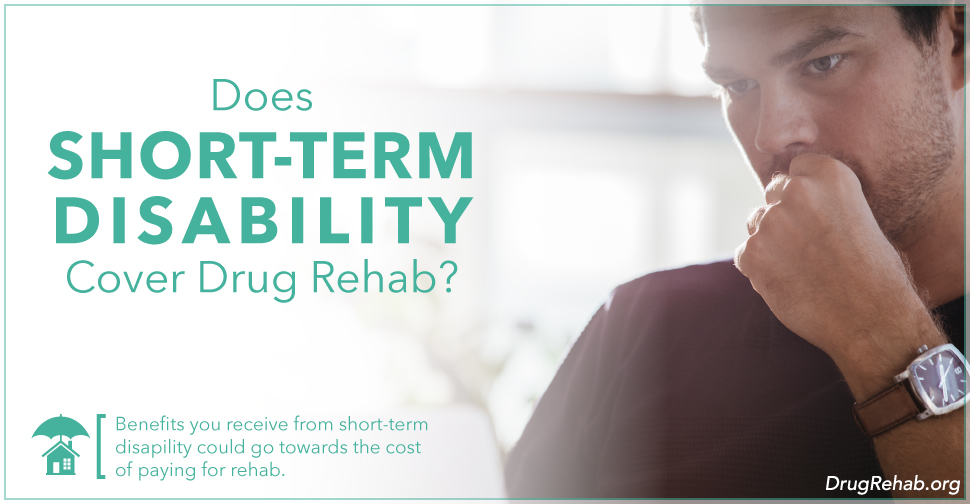
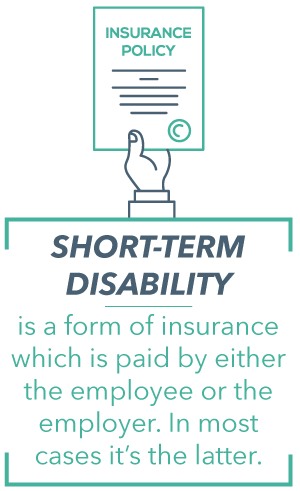

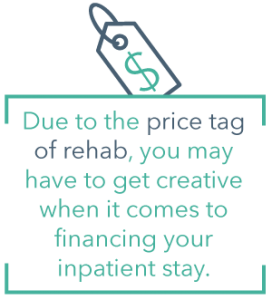
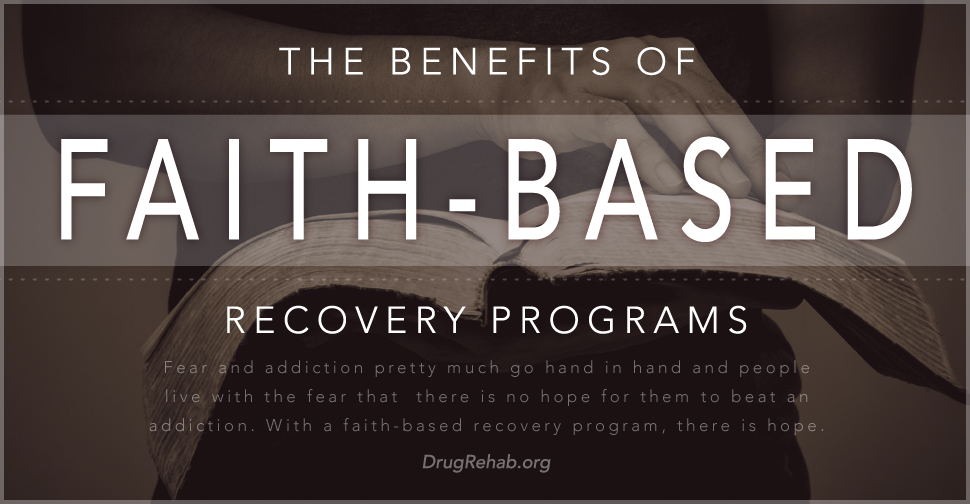
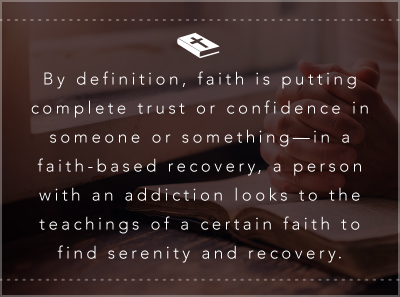
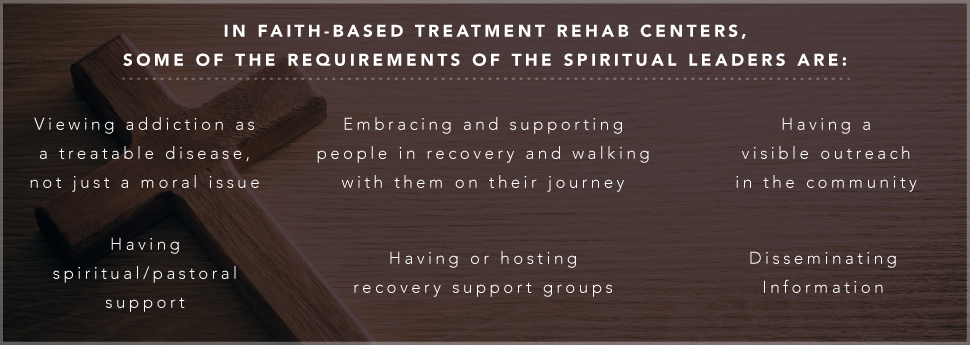
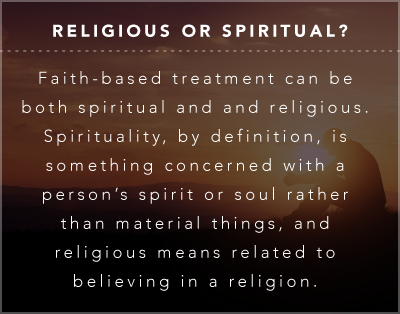
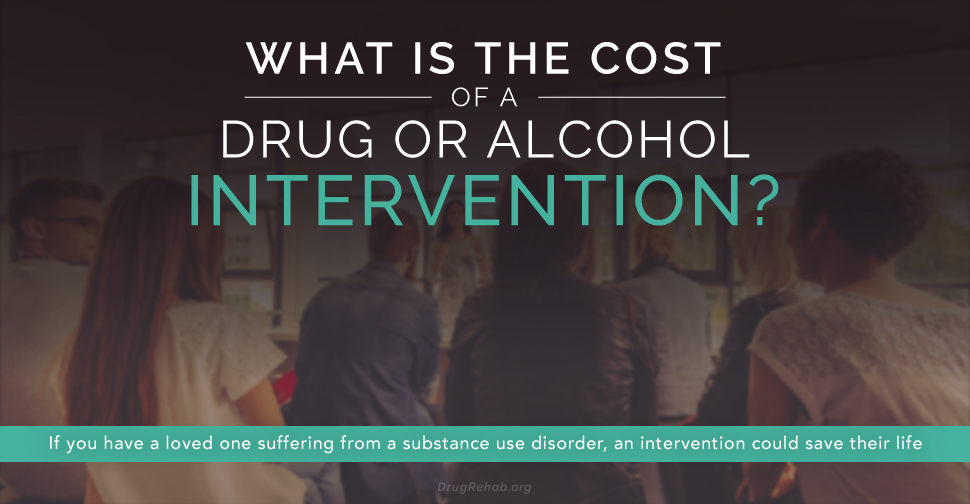

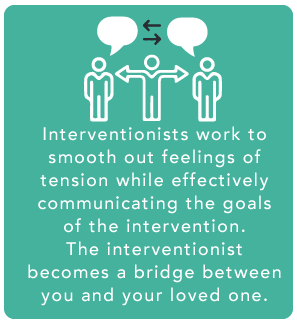
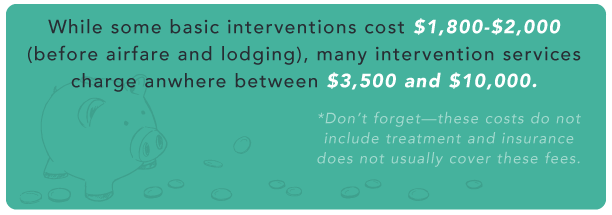
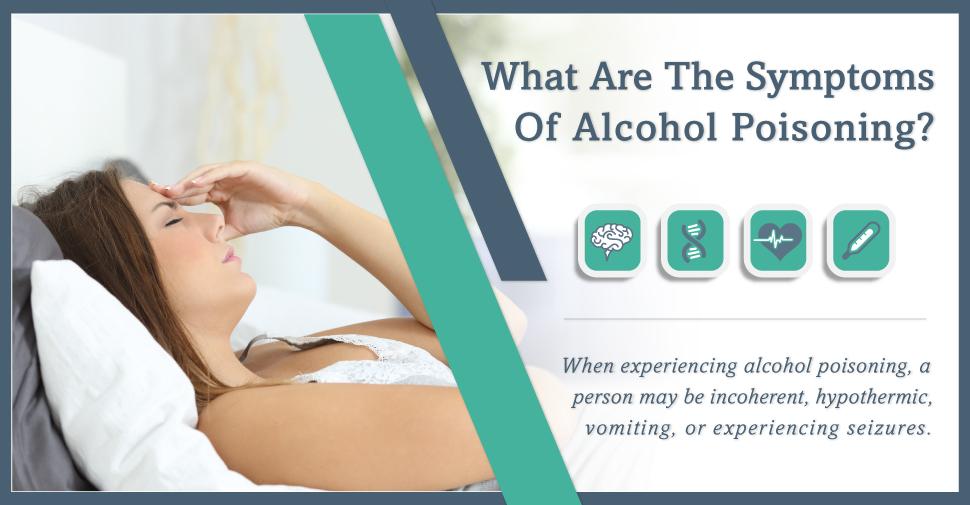

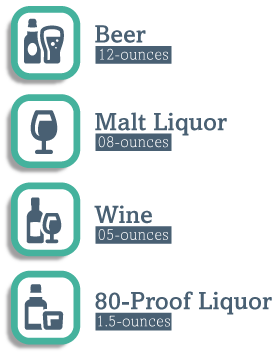 If you think that someone might be too drunk, it’s important to keep an eye on them—a lot of people die in their sleep from alcohol poisoning. If your friend is unresponsive call 911, and try to turn them onto their side. Keep them sitting upright if they’re still awake, and get them to drink some water.
If you think that someone might be too drunk, it’s important to keep an eye on them—a lot of people die in their sleep from alcohol poisoning. If your friend is unresponsive call 911, and try to turn them onto their side. Keep them sitting upright if they’re still awake, and get them to drink some water.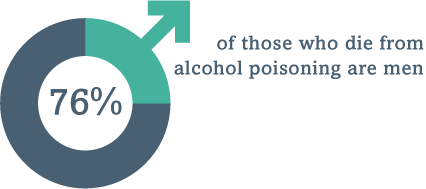
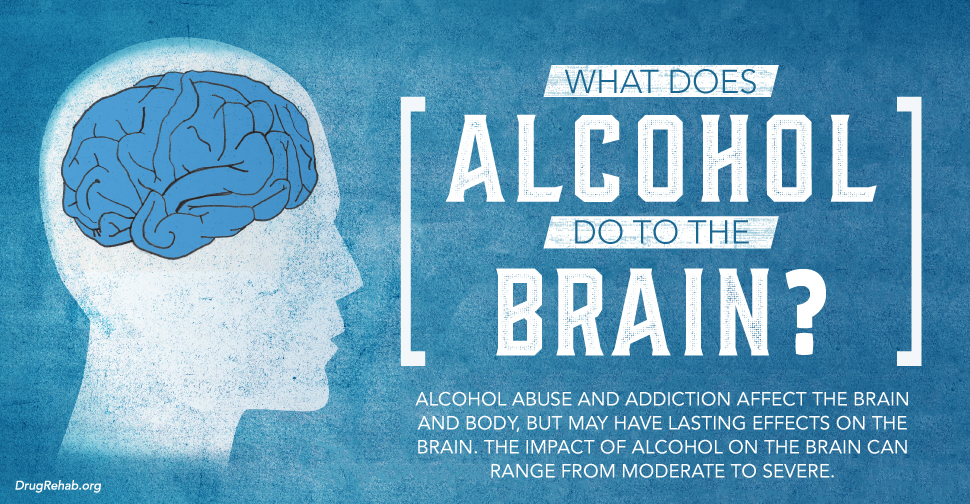
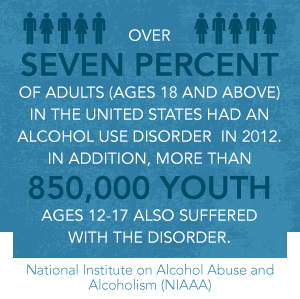
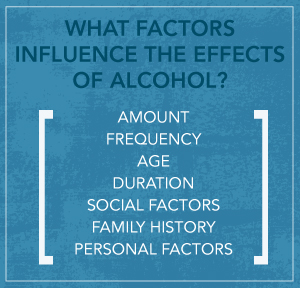
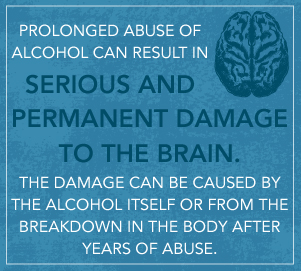
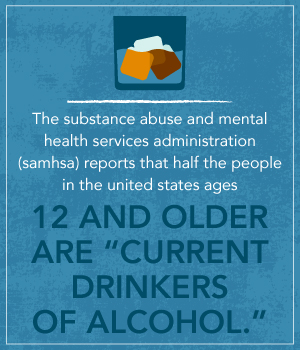
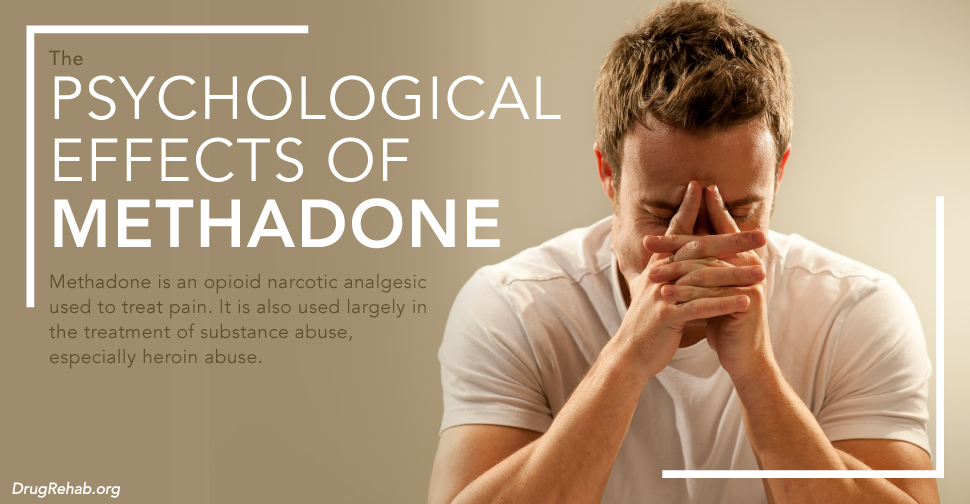

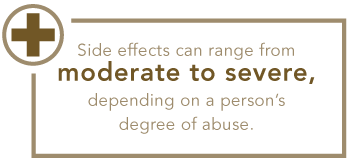 Short-term side effects vary, but may include:
Short-term side effects vary, but may include:
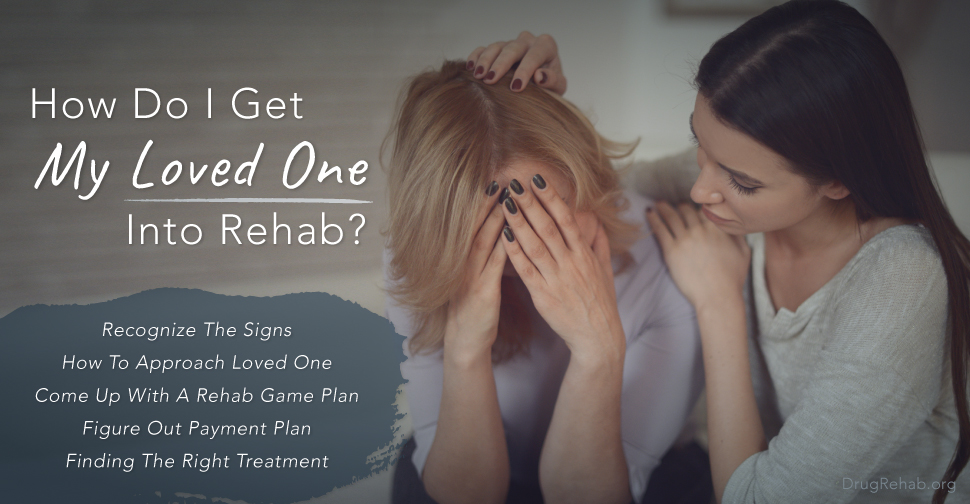
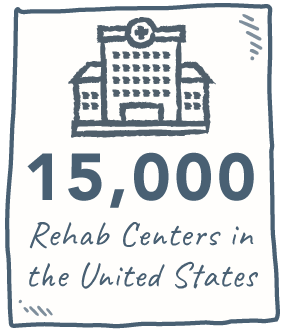
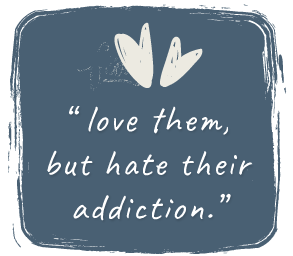
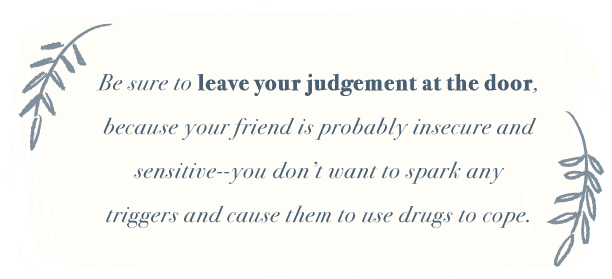
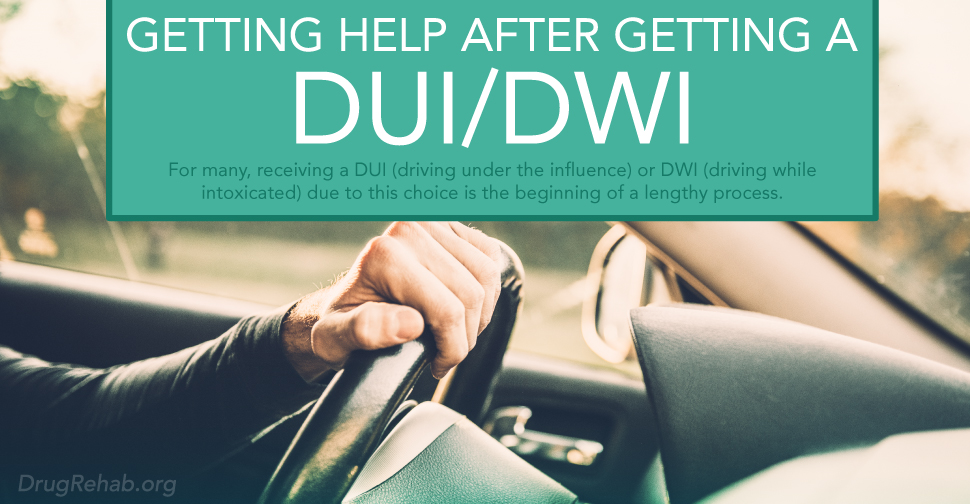
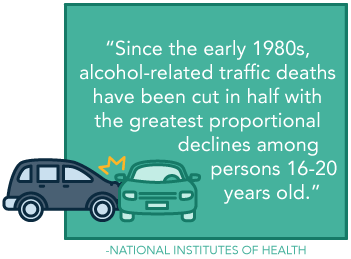 Despite its legal standing, prevalence, and acceptance within numerous social spheres, alcohol is not a benign drug. One of the most common and destructive ways in which this occurs is within circumstances regarding an individual driving after they have been drinking. In decades past, this behavior was more commonplace and even somewhat socially acceptable. Fortunately now, with the advent of more strident rules and social perspectives, this behavior has declined, as evidenced, in part, by statistics presented by the
Despite its legal standing, prevalence, and acceptance within numerous social spheres, alcohol is not a benign drug. One of the most common and destructive ways in which this occurs is within circumstances regarding an individual driving after they have been drinking. In decades past, this behavior was more commonplace and even somewhat socially acceptable. Fortunately now, with the advent of more strident rules and social perspectives, this behavior has declined, as evidenced, in part, by statistics presented by the 
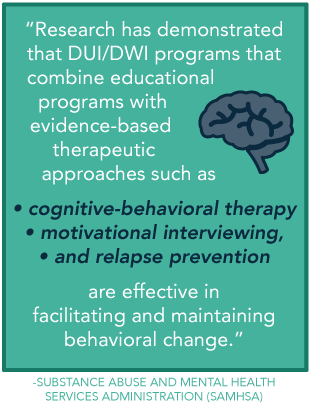 Yes. While you will likely be able to choose most any program, there are certain programs that are especially designed for DUI/DWI offenders. According to the Substance Abuse and Mental Health Services Administration (SAMHSA) “
Yes. While you will likely be able to choose most any program, there are certain programs that are especially designed for DUI/DWI offenders. According to the Substance Abuse and Mental Health Services Administration (SAMHSA) “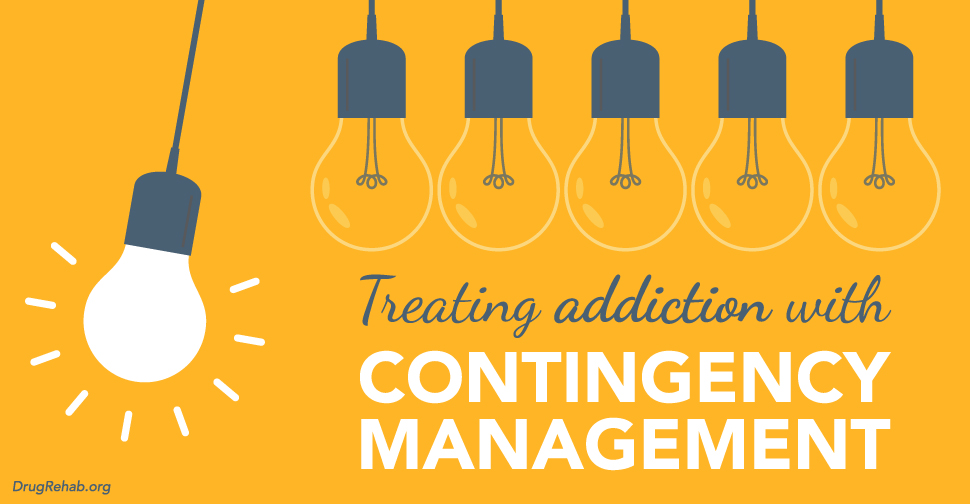
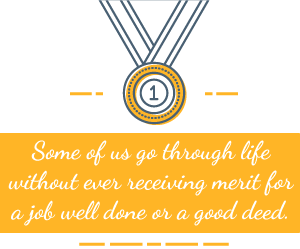 It can be a refreshing feeling when you’re rewarded for doing something right–especially if you aren’t used to that sort of benefit. Some of us go through life without ever receiving merit for a job well done or a good deed. Though, perhaps more often, (or at least seemingly more often), our bad behavior is always acknowledged, and it can have some pretty negative repercussions on our lives. Bad behavior can get us into pretty hot water–nobody wants to get suspended from school, get arrested, or lose a job over a stunt they pulled.
It can be a refreshing feeling when you’re rewarded for doing something right–especially if you aren’t used to that sort of benefit. Some of us go through life without ever receiving merit for a job well done or a good deed. Though, perhaps more often, (or at least seemingly more often), our bad behavior is always acknowledged, and it can have some pretty negative repercussions on our lives. Bad behavior can get us into pretty hot water–nobody wants to get suspended from school, get arrested, or lose a job over a stunt they pulled.
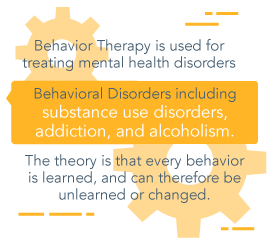 According to the
According to the 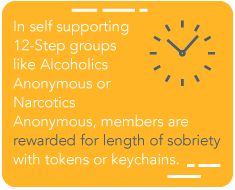 In these groups, there is no drug test, or hair sample, just a person’s word; however, if a member of AA and NA relapses or “slips” their sponsor might suggest that they come clean at the table–or tell the rest of the group. This embarrassment can be considered a punishment, though it reminds all members that relapse is not required of everyone suffering from addiction, but it is a possibility.
In these groups, there is no drug test, or hair sample, just a person’s word; however, if a member of AA and NA relapses or “slips” their sponsor might suggest that they come clean at the table–or tell the rest of the group. This embarrassment can be considered a punishment, though it reminds all members that relapse is not required of everyone suffering from addiction, but it is a possibility.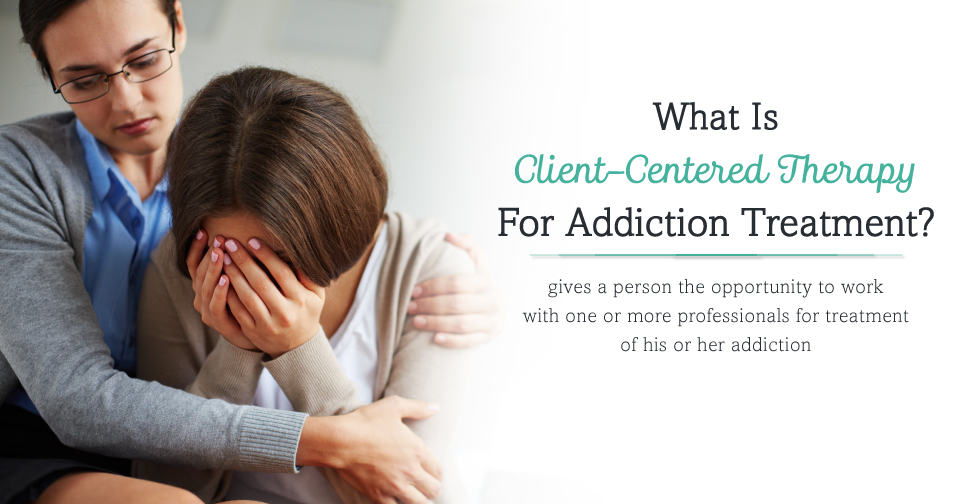
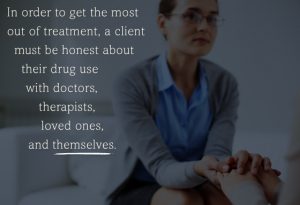
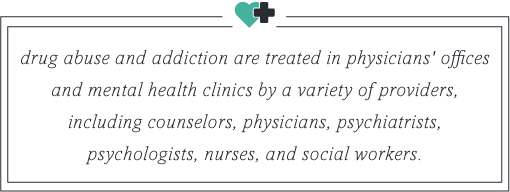

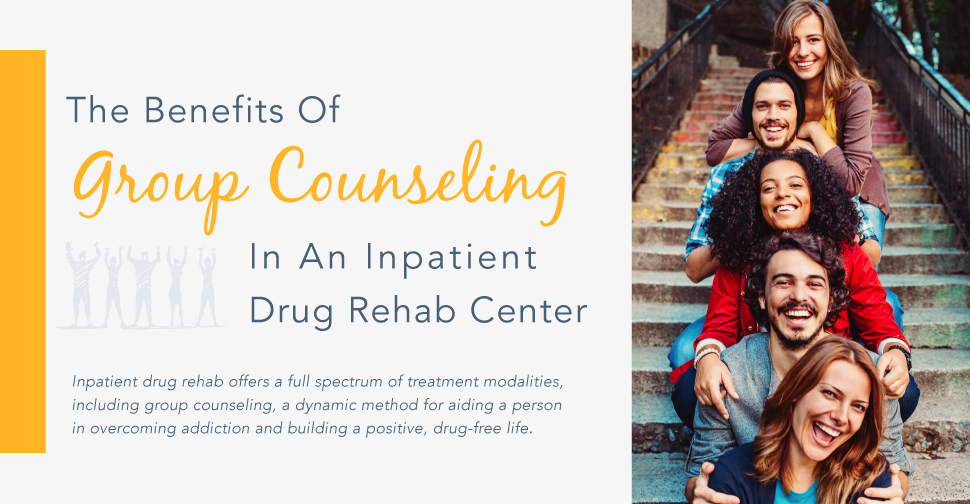
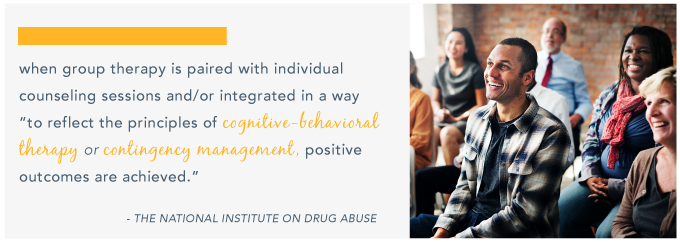
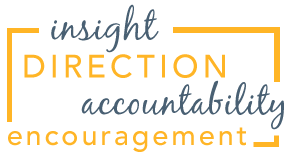
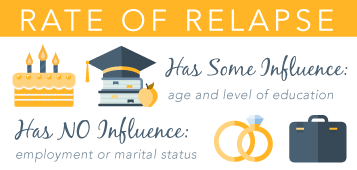


 This program is perhaps one of the better-known support groups for people recovering from substance abuse. It is open to people who are victims of any substance abuse. The 12 steps of the program help guide participants through recovery by asking them to uphold principles. Some of these include committing to a healthy lifestyle, putting faith in a higher power (defined at will), and engaging in self-love and self-awareness.
This program is perhaps one of the better-known support groups for people recovering from substance abuse. It is open to people who are victims of any substance abuse. The 12 steps of the program help guide participants through recovery by asking them to uphold principles. Some of these include committing to a healthy lifestyle, putting faith in a higher power (defined at will), and engaging in self-love and self-awareness. Pills Anonymous is a support group dedicated to members who want recovery from prescription drug (pills) abuse. As described on the organization’s web page, this program, “is a fellowship of men and women who share their experience strength and hope with each other that they may solve their common problem and help others to recover from pill addiction.” The group does not have any ties to religions, political parties, etc. Members attend meetings, participate in a 12-step program, and work to help others achieve long-term recovery success.
Pills Anonymous is a support group dedicated to members who want recovery from prescription drug (pills) abuse. As described on the organization’s web page, this program, “is a fellowship of men and women who share their experience strength and hope with each other that they may solve their common problem and help others to recover from pill addiction.” The group does not have any ties to religions, political parties, etc. Members attend meetings, participate in a 12-step program, and work to help others achieve long-term recovery success. 4-point program adapted from a scientific approach. The four points include:
4-point program adapted from a scientific approach. The four points include:



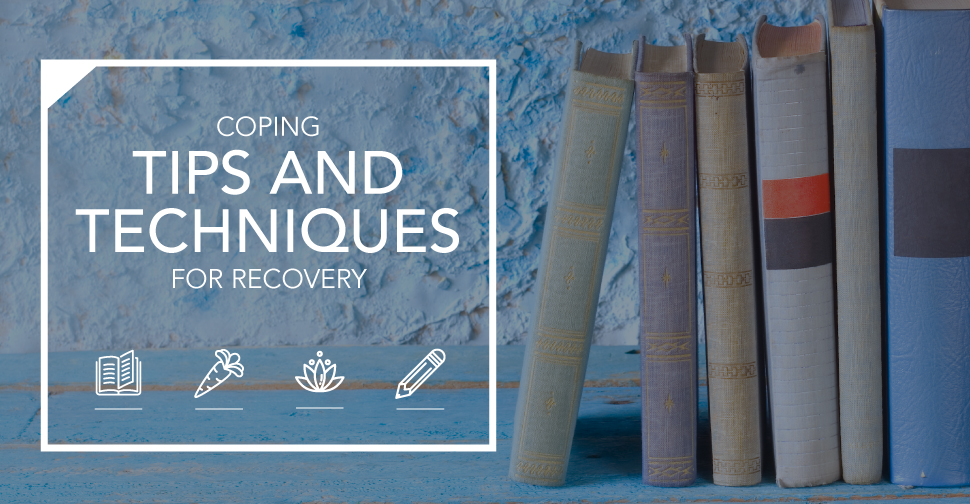
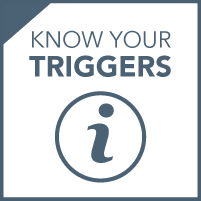 Preparedness can be vital in maintaining sobriety. It helps to think about stress and cravings before they come up, and have an idea of what you need to do to help yourself stay focused and balanced within your recovery. This way when they arise, you’ll be equipped to handle them.
Preparedness can be vital in maintaining sobriety. It helps to think about stress and cravings before they come up, and have an idea of what you need to do to help yourself stay focused and balanced within your recovery. This way when they arise, you’ll be equipped to handle them.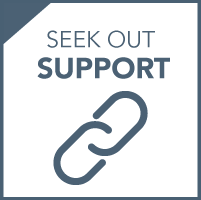 Social support means looking to others for help and encouragement during difficult times. As they say, everyone needs someone to talk to. Figure out who it is you would go to when you needed a sympathetic ear, whether it be someone to talk you through a difficult moment, or just a person that can help to take your mind off of things and reaffirm your purpose. All of these things can offer
Social support means looking to others for help and encouragement during difficult times. As they say, everyone needs someone to talk to. Figure out who it is you would go to when you needed a sympathetic ear, whether it be someone to talk you through a difficult moment, or just a person that can help to take your mind off of things and reaffirm your purpose. All of these things can offer 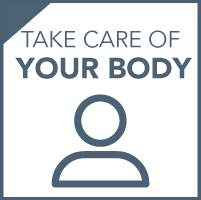 Taking Care Of Your Body Is Vital
Taking Care Of Your Body Is Vital Learn To De-Stress
Learn To De-Stress